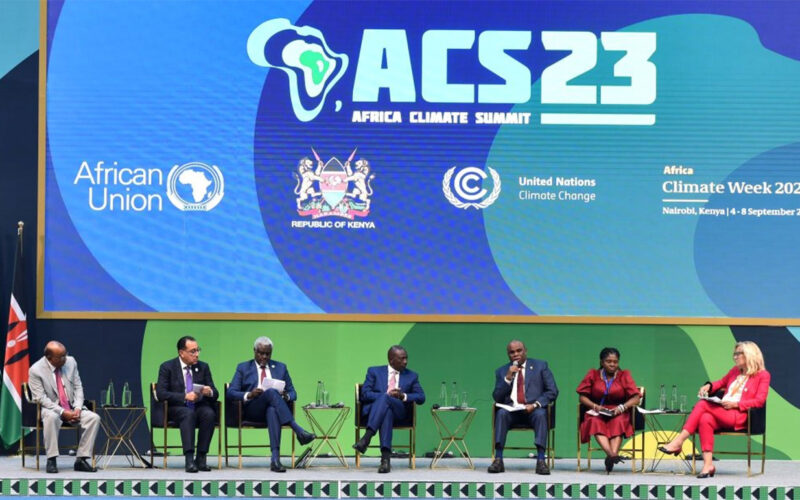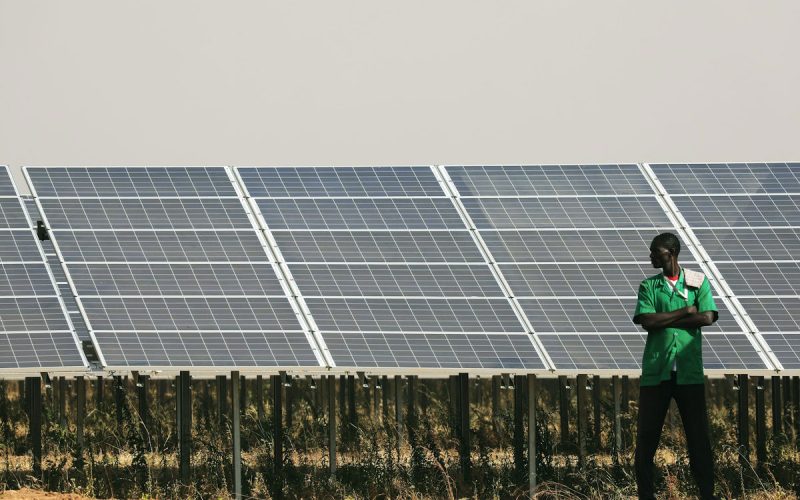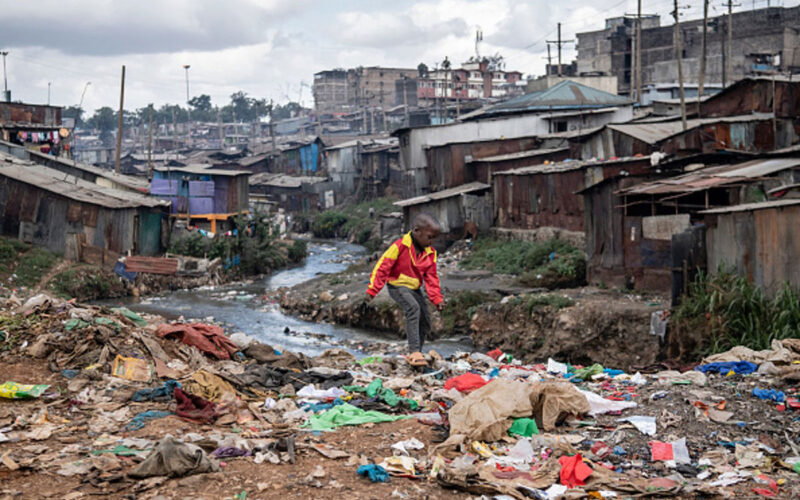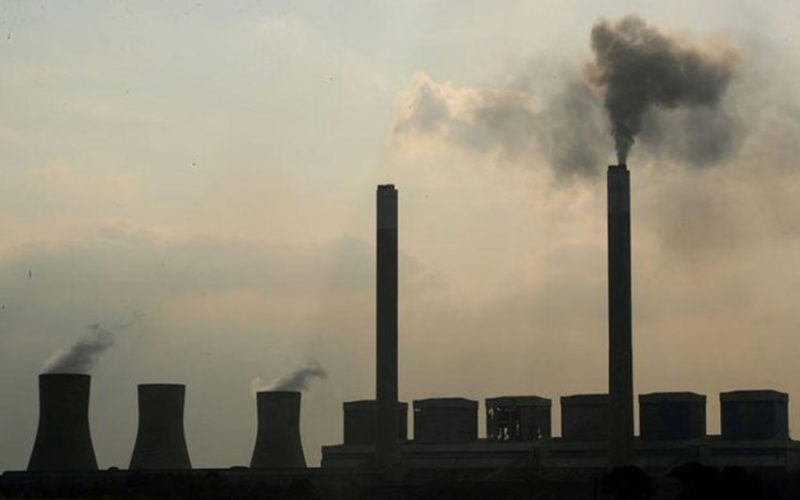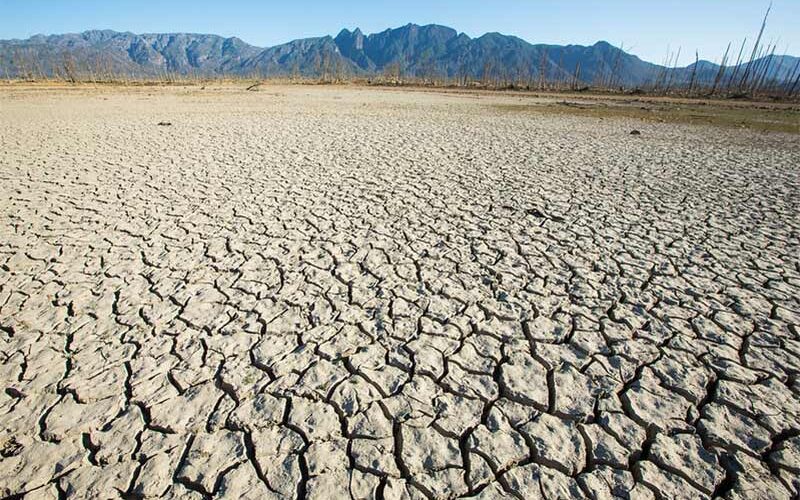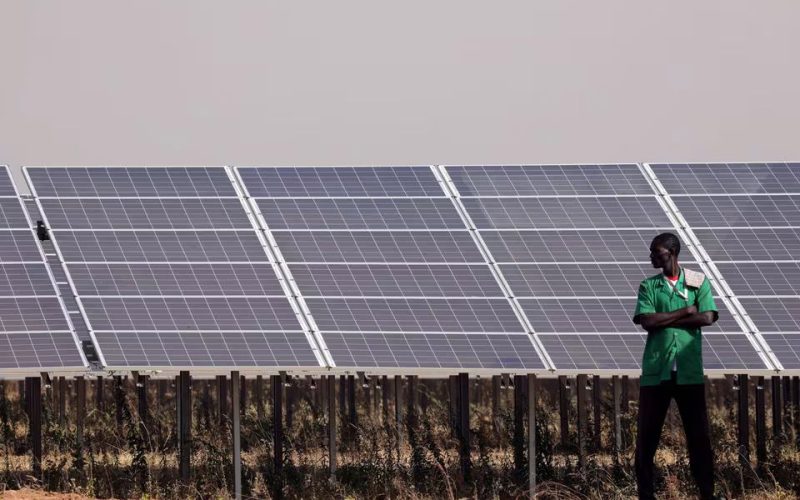
Africa to be $2.5 trillion short of climate finance by 2030, UN says
AFRICA will be $2.5 trillion short of the finance it needs to cope with climate change by 2030, a U.N. official said, adding that the continent has contributed the least to greenhouse gas emissions while seeing some of the worst impacts. Africa attracts only 2% of global investments in clean energy but needs $2.8 trillion of investment in the sector by 2030, United Nations Economic Commission for Africa chief economist Hanan Morsy told a conference in Victoria Falls, Zimbabwe, warning against the consequences of under-funding. "We end up in a vicious circle with investment shortfalls increasing exposure risk and worsening…

